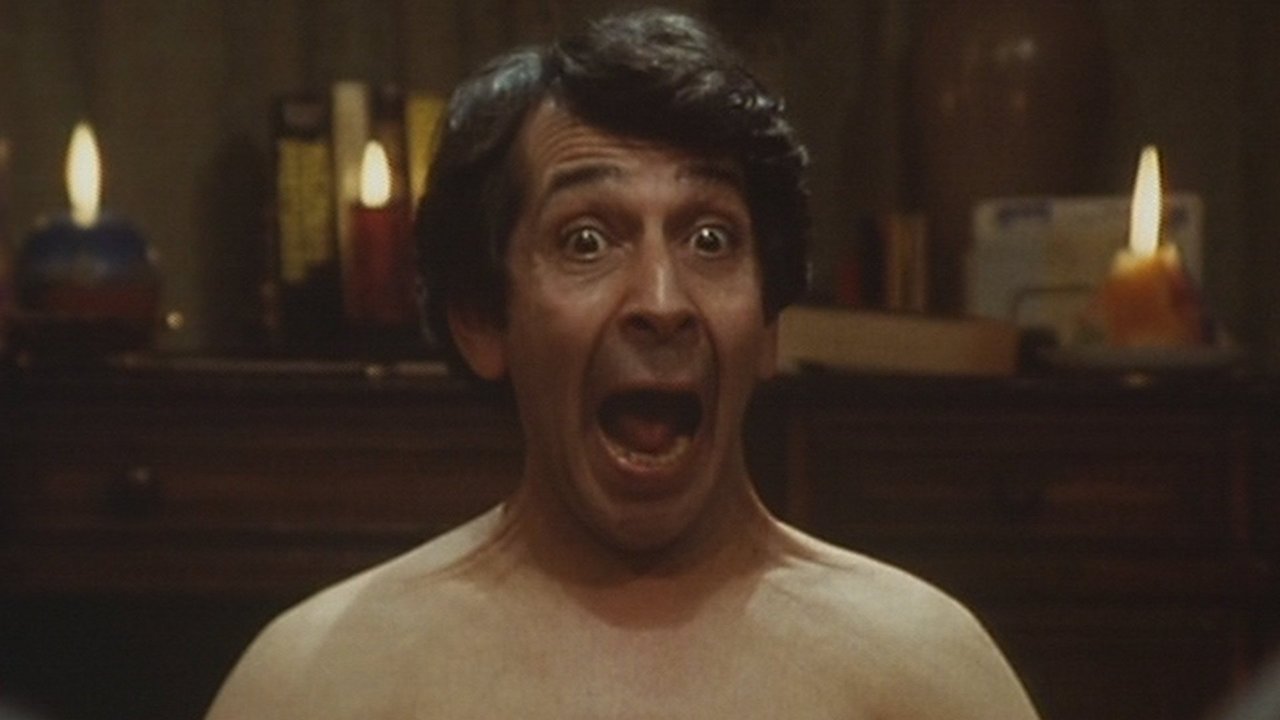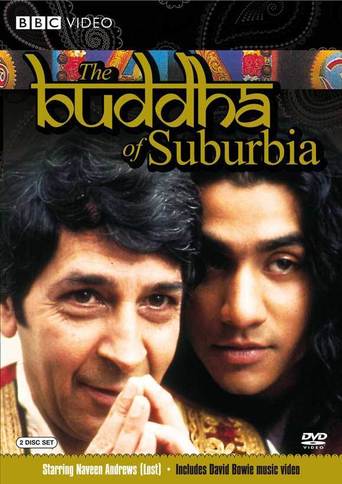CrawlerChunky
In truth, there is barely enough story here to make a film.
Seraherrera
The movie is wonderful and true, an act of love in all its contradictions and complexity
Brendon Jones
It’s fine. It's literally the definition of a fine movie. You’ve seen it before, you know every beat and outcome before the characters even do. Only question is how much escapism you’re looking for.
gavin6942
Karim's mother is English and his father is Indian. Therefore Karim has some problems with life in British society which is becoming more and more racist and intolerant; he experiences this especially when he wants to find himself a way of becoming an actor.While I know nothing about racism in England, especially in the 1970s, this was a rather interesting film because it had the Indian/English focus, as opposed to the black/white focus we tend to have with American films. It is a different dynamic, and I have to wonder how it all works there. I don't think of Indians as being one of the more hated racial groups, but in England you do have that colonialism stigma factored in.Naveen Andrews nailed it. I was not aware of who he was until "Lost", but this mini-series shows he was a great actor long before that. I have to wonder why he wasn't noticed sooner. Then again, he seems to be stuck with ethnically ambiguous roles (on "Lost" he was Iraqi), so maybe his full value is not appreciated yet.
ytbufflo-1
I am coming out fighting here because this film was so well shot and so well cast that I am twice as angry about its de-evolution than I would have been with a lesser work. Without revealing too much of the plot, I can only say that part one of my 2 VHS set was an unnerving, unfolding delight of bizarre but plausible plot developments. The lead character was suitably naif-like but also intelligent and very very open. The events that he is rapidly forced to come to terms with are the separation of his parents, the culture shock when his Pakistani roots collide with a complete breakdown of English straitlaced society in the sixties, his father's dubious transformation into the revered Buddha of Suburbia, and the turning of his cousin into a feminist militant as his best friend suddenly becomes an icon of the burgeoning punk movement in the seventies. Among other things.What made me so angry was the amount of detailed work each actor put into creating and establishing their characters in the first part, only to have the whole thing devolve into very bad porn episodes in the second part, far too many to justify plot development, and far too explicit to even seem erotic. My biggest pet peeve is when directors let their private fetishes interfere with the truth of their movie, and this to me was a supreme example.I felt a bit like I'd been invited to a party of very clever, funny strangers, only to have the doors locked and the guests not allowed to interact, and all of us forced to watch bad seventies sexploitation films instead. What an insult to the hard work of these amazing actors! Why not just make a cheeseball flick to begin with? And why cast a great lead character who can actually act, and then cut away from him whenever he is building up to a great performance? I almost felt as if he too was growing tired of the endless sex scenes where all he did was lie there pumping his pelvis for yet another breathy naked actress.Bottom line - Part One is minor genius, Part Two is second tier soap opera perversion. I know the book is quite explicit, but I felt that these fine actors were as exploited in real life as their characters were in the movie, and it made me quite angry and very uncomfortable. Only John Waters can pull off such a dubious degrading of actors and plot and have it seem artistic. My suggestion is to only watch the first part, toss the second in the proverbial rubbish heap, and you will love the Buddha forever. Score A+F=0
wuthering
Then again, why should it be. Those who watch this and comment about it being vacuous, etc., did not watch the same film I did. Of course the film is less detailed than the novel. Of course there's going to be some "stereotyping". But have you ever seen a film that didn't? This film gave voice (in the body of beautiful Mr. Andrews) to a young emerging culture. That of the Indo-Brit who was born in England, not India. Trying to fit in, yet knowing the conservative party/culture at the time would not let them.
While not meant to be hysterical, this film has enough laughs to help you make it through its 220 minutes. It has enough passion to help you understand the feelings. And it has enough meaning to make you understand that not all things (causes, beliefs) can be folded neatly and packaged away for American viewers.Watch this film. You will not want your time back. Cheers.
Frimmin'
Having enjoyed the quirky little "My Beautiful Laundrette," I was most disappointed by "The Buddha of Suburbia." The film is a disaster from beginning to end, and has the feeling that length was the sole purpose, as one sometimes feels when reading less-inspired 19th-century novels whose authors were paid by the word.There are nearly an hour's worth of shots of people walking up stairs, crossing streets, and standing silently which would have been edited by any other director. There is truly no reason in the world for it to have gone over two hours. Furthermore, the production is shoddy. Lighting is bad, lines are mumbled, blocking awkward.There is no "plot" per se, no shape to this massive mess. There are clues that it goes from the beginning to the end of the 70s, yet the events feel more like a three-year span.The subject simply appears to be the myriad ways in which the people in young Karim's life find to ruin their happiness. Their confusions range from hopeless dedication to old-country ways, (arranged marriages), to faddish spirituality, the constriction of "liberating" politics, disposable families, drugs, etc.With a theme like this, we want a character who struggles against the tides of spiritual emptiness. Karim's mother and brother might have fit the bill as the only characters with common sense, but they are virtually ignored.
Instead, the main character is Karim, who drifts helplessly on the currents that mangle the lives of those close to him. Life simply happens to Karim, everything that transpires is the result of someone else's plans. Only in the latter half of the film does he actually have any kind of goal at all (becoming an actor).Never does he ever rise beyond being more than a helpless figure trying to be "nice," whether that means being a peacemaker, a lover, or a friend, or trying all three to find that none of them work. His relationships happen to him, and when they go south, he is unable do much more than voice a vague sense of complaint.Now characters like this have excellent potential; consider "The Stranger," "Zelig," "The World According to Garp," or "Being There." But Karim is so dedicated to helplessness that our sympathies are never engaged for him.And without a sympathetic character, a memorable line of dialogue, or even a sense of purpose, "The Buddha of Suburbia" is a waste.

